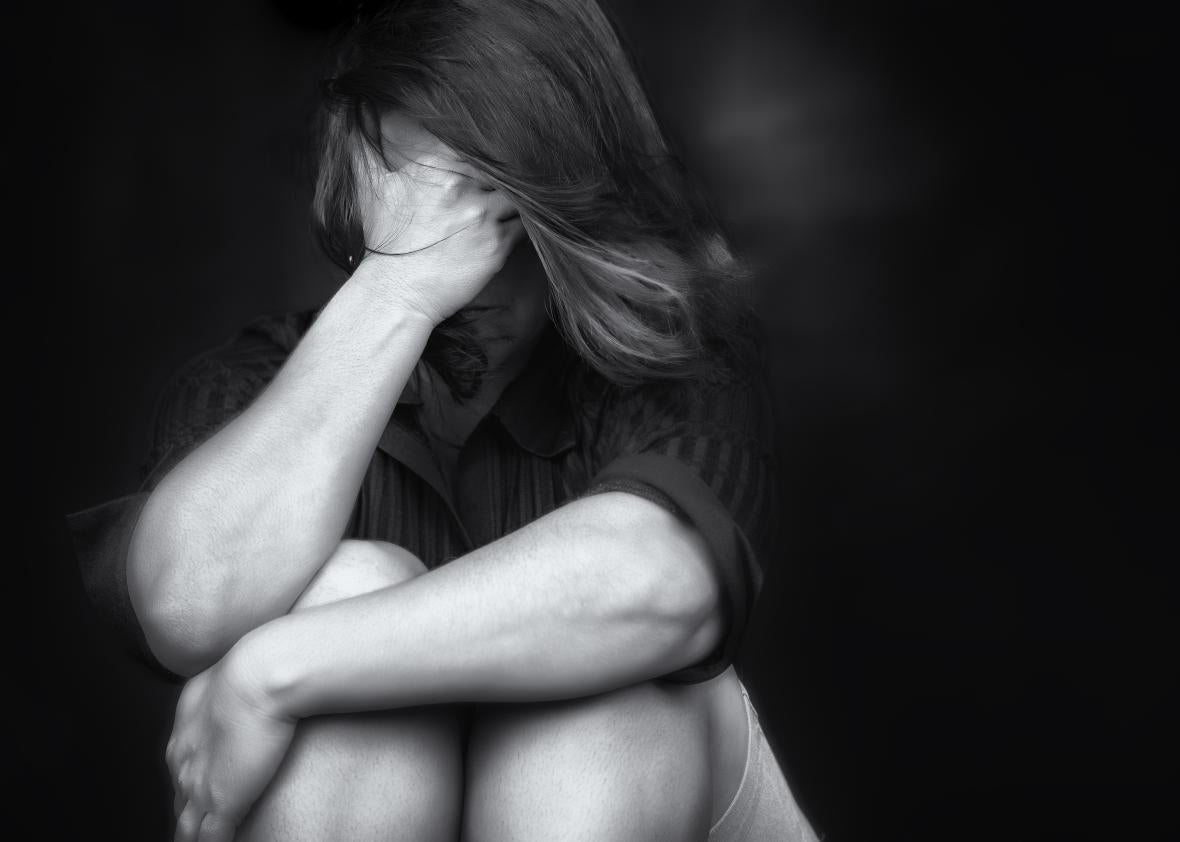When domestic violence cases make their way through the legal system, accused batterers have the right to a free court-appointed attorney in criminal cases. But a domestic violence survivor isn’t assured access to reduced-cost legal services. It’s a problematic imbalance, and correcting it could likely reduce the rate of domestic violence.
Giving accused batterers free legal representation it is hardly controversial—our justice system prioritizes a fair defense for the accused. But what if we took the additional step of subsidizing legal services for domestic violence survivors?
For survivors, having an attorney can increase the likelihood of obtaining a civil restraining order from 32 percent to 86 percent. Restraining orders, in turn, can reduce the occurrence of violence and help survivors feel safer and more empowered in their relationships and lives. Attorneys can also assist with other legal issues, such as child custody, divorce, housing, and government benefits, which may be holding survivors back from leaving abusive relationships.
However, domestic violence survivors are frequently not in a position to hire their own attorneys. Victims in low-income households experience five times the rate of domestic abuse of victims in higher-income households. Studies show that low-income individuals are often unable to obtain the legal services they need or desire, with only half of those seeking legal aid being able to be served and more than 70 percent of the legal issues faced by low-income individuals not finding their way to the justice system. An abusive partner may also control the finances in a relationship, which could make it more difficult for a survivor to collect the funds needed to hire a lawyer.
So what would a solution look like? Dozens of legal aid groups around the country already focus on helping survivors, often with amazing results. If their work was scaled up, with states or municipalities offering free or reduced-cost legal assistance for those reporting abuse, evidence suggests that domestic violence rates would fall, along with the share of costs borne by the municipalities. New York City alone spends more than $44 million per year responding to reports of domestic violence, and arresting, prosecuting, and supervising batterers. Costs for health care and homeless services would also likely fall—studies indicate that half of all homeless women and children are fleeing domestic violence, and nearly 38 percent of all victims of domestic violence become homeless at some point in their lives. Given the probable cost savings, funding for civil legal assistance would likely pay for itself in many communities.
Our society foots the bill when someone accused of a heinous crime can’t afford a lawyer, because we don’t want anyone to be failed by the justice system. But many victims of abuse lack the resources to access the justice system in the first place. Civil legal assistance could put them on equal footing with their abusers, saving both costs and lives in the process.
